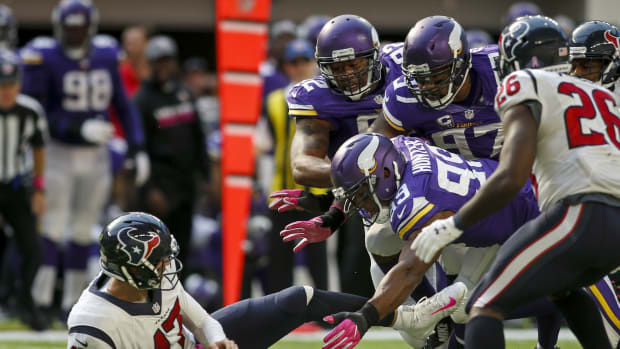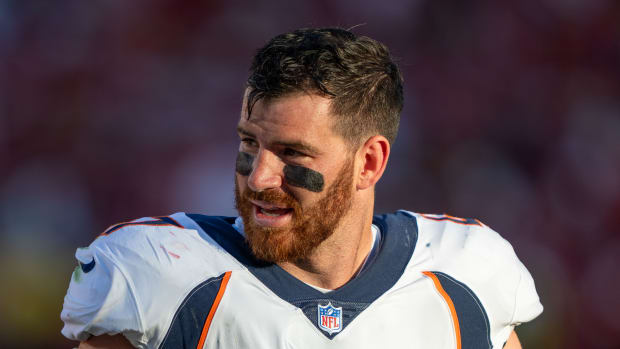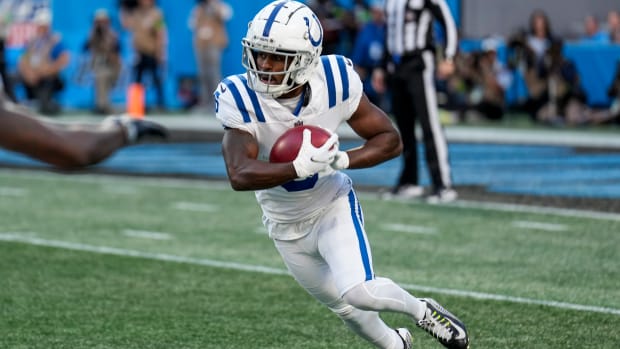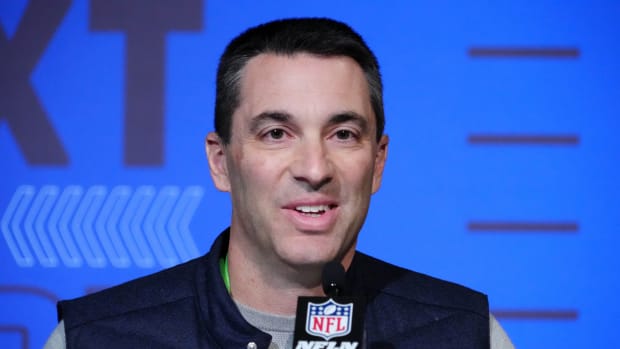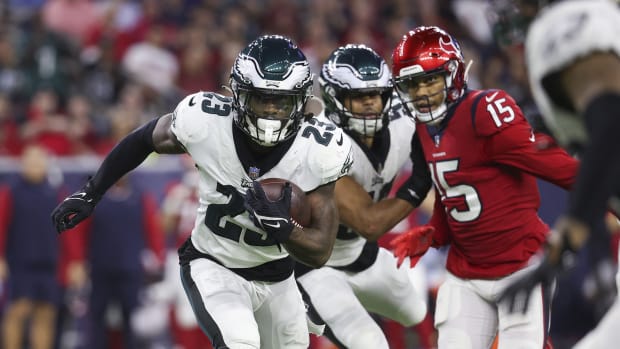Malcolm Jenkins Concerned About NFL's Return Plan: Football 'Nonessential Business'
Saints safety Malcolm Jenkins says he wouldn't feel comfortable playing games this fall unless the risk of COVID-19 transmission is reduced.
Jenkins, who signed with the Saints this offseason, said on CNN that he feels the NFL's "trust system" for returning puts players and their families at risk.
“We kinda end up being on this trust system. The honor system, where we just have to kind of hope that people are social distancing and things like that. And that puts all of us at risk,” Jenkins told CNN. "Not only us as players and who’s in the building, but when you go home to your families.
"I have parents who I don’t want to get sick. Until we get to the point where we have protocols in place and until we get to a place as a country where we feel safe doing it, we have to understand that football is a nonessential business and so we don’t need to do it. So the risk, you know, has to be really eliminated before we, before I would feel comfortable with going back.”
Jenkins elaborated on his comments to CNN on Thursday afternoon.
"To be clear, I want to play football. I think all my peers want to play football. But there's so much we don't know right now," Jenkins said in a video released on Twitter. "The bar for the NFL is going to be high when it comes to creating a safe work environment. ...It's not just about the athletes, and their health, or the coaches or staff, but our family's too.
Jenkins noted that the NBA, which is expected to resume in July at Disney World inside a "protection bubble" to mitigate the spread of infection, requires far fewer personnel than the NFL, which has more than 2,000 players alone.
The NFL season is expected to start as scheduled, with preseason beginning in August. But none of the five international games in London and Mexico City will occur. In order to prevent further spread of infection, teams must follow health protocols issued by NFL commissioner Roger Goodell.
The ongoing coronavirus pandemic has infected more than two million Americans and killed more than 122,000, according to data from Johns Hopkins.
































